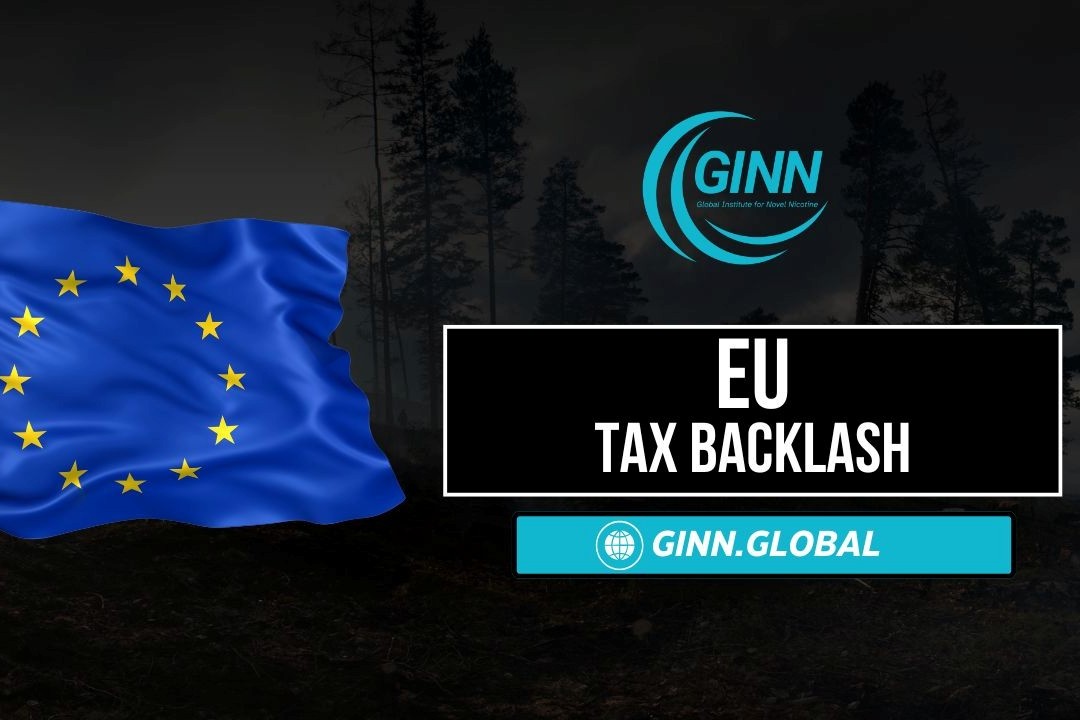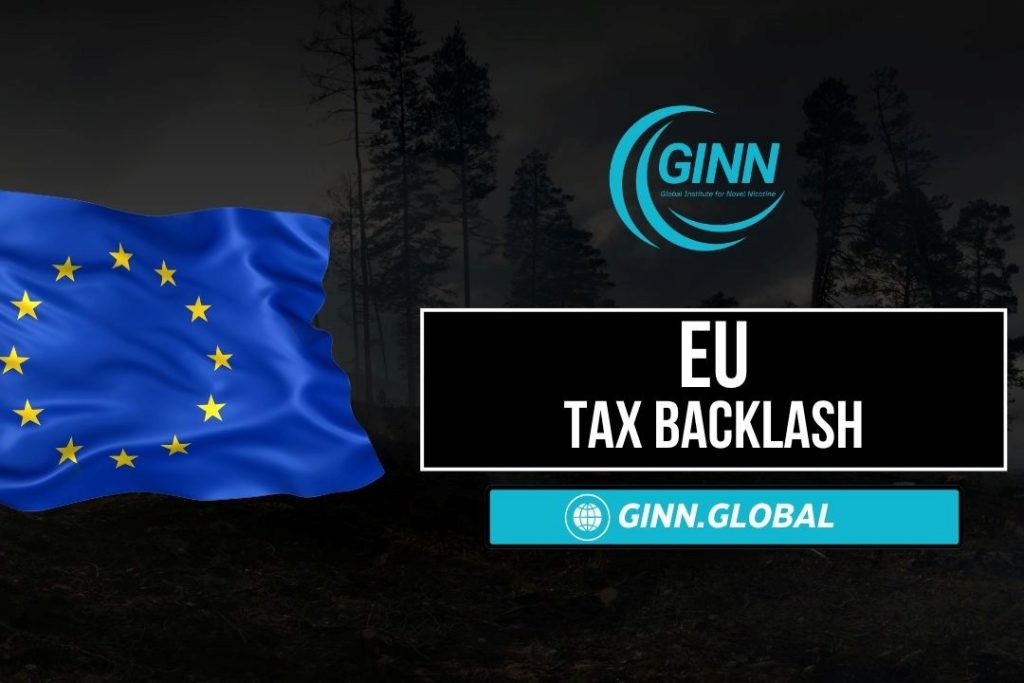Explore the top Geekbar flavours in our 2025 vape guide.
By K Futur VapeThe European Commission is pushing to overhaul the EU Tobacco Tax Directive, and for the first time, nicotine pouches, often referred to as “white snus”, are in the crosshairs. The goal, according to the Commission, is to harmonize taxes across member states and curb cross-border shopping. But if adopted in its current form, this policy could make one of the safest and most effective smoking alternatives far less accessible.
What the Proposal Means
Under the draft plan, nicotine pouches would be classified as tobacco-related products, subject to a new EU-wide minimum excise duty. Taxation would be rolled out in two stages:
- From January 1, 2030: Minimum tax of 25% of retail price or €71.50 per kilogram.
- From January 1, 2032: Minimum tax doubles to 50% of the price or €143 per kilogram.
Rates would be reviewed every three years, ensuring regular increases.
In parallel, the Commission has floated the TEDOR (Tobacco Excise Duty Own Resource) measure, which would send 15% of member states’ tobacco excise revenues directly to the EU budget, a move that could raise €11 billion annually.
Why the Backlash?
Sweden, the global leader in tobacco harm reduction thanks to its legal and affordable white snus and nicotine pouches, stands to lose the most. Finance Minister Elisabeth Svantesson has pledged to fight the proposal, calling the revenue-sharing plan “unacceptable” and warning against Brussels intruding on national taxation powers.
Swedish MEP Jessica Polfjärd highlighted that the new rates could push excise duty above SEK 1,600 per kilogram, over seven times the current Swedish rate, making pouches significantly more expensive than cigarettes in some cases. This, she argued, is not only bad economic policy, but bad public health policy, as it removes the financial incentive for smokers to switch to safer products.
Italy, Greece, and Romania have also expressed concern, with critics warning that excessive taxation risks fueling smuggling and illicit trade, a pattern already seen when similar measures were applied to other nicotine products.
Public Health at Stake
The case for differentiated taxation is strong. Research consistently shows that nicotine pouches carry a fraction of the health risks associated with combustible tobacco. Sweden’s success in achieving “smoke-free” status is a direct result of making these alternatives affordable, accessible, and regulated, not pricing them out of reach.
The EU’s one-size-fits-all approach risks reversing this progress. By treating reduced-risk products the same as cigarettes, the proposal undermines harm reduction efforts and could inadvertently drive people back to smoking or into unregulated black-market supply chains.
The Road Ahead
Both the harmonized tax and TEDOR proposals require unanimous approval from all EU member states. This sets the stage for extended negotiations, where public health advocates must make the case for proportionate, science-based taxation.
If Europe is serious about reducing smoking-related disease and death, it must preserve, not penalize, the very tools helping people quit cigarettes. Affordable nicotine pouches are a lifeline for millions of smokers. Pricing them out of reach would be a costly mistake in every sense.
EUHealthIndustry NewsRegulationsStrong Nicotine Pouches






